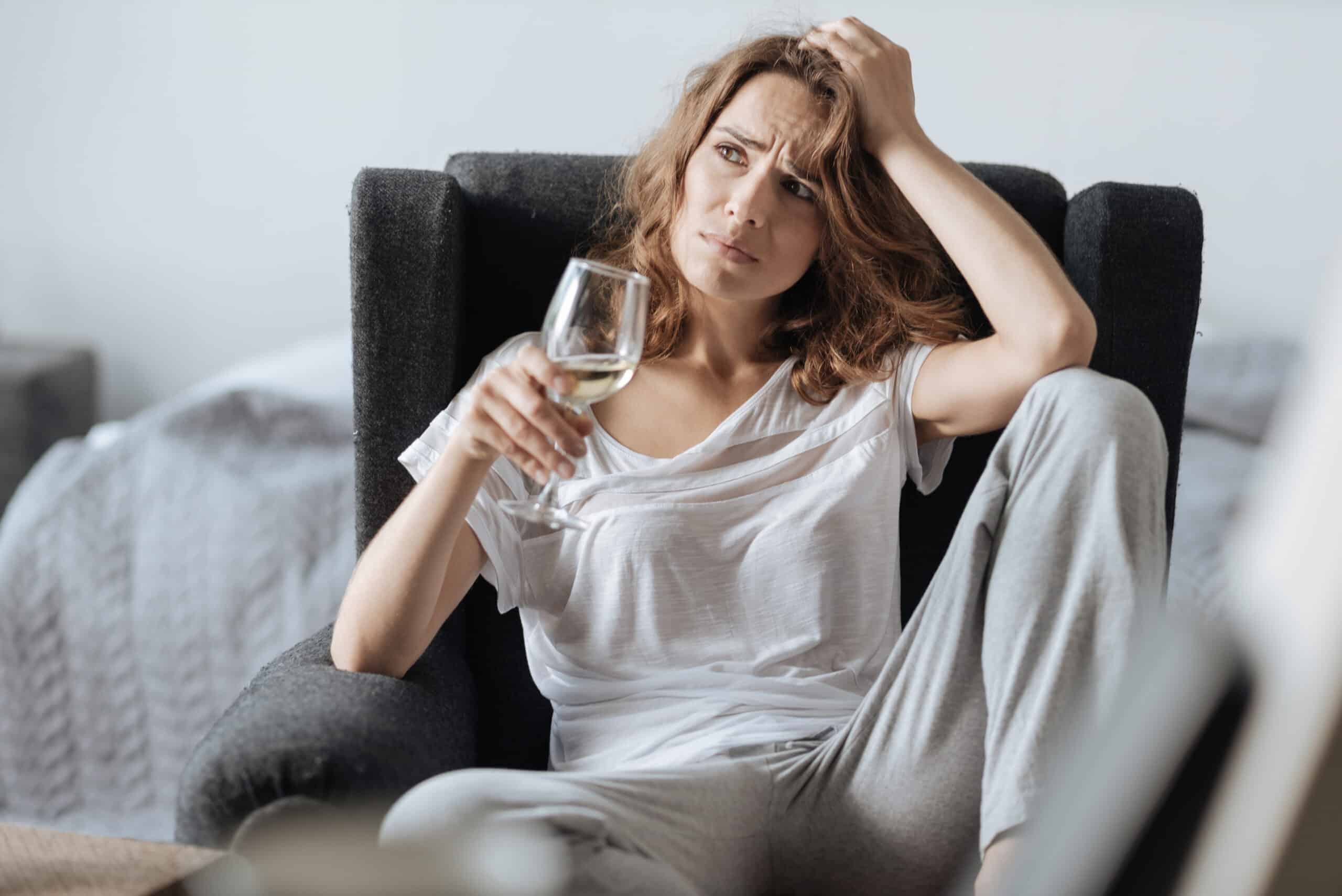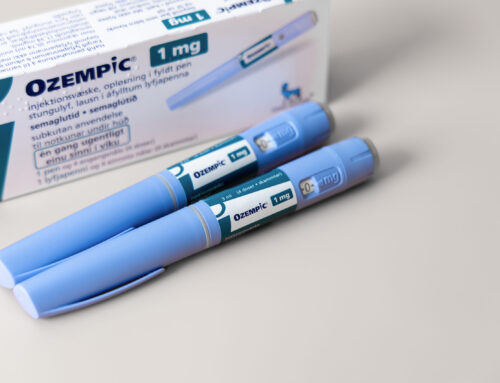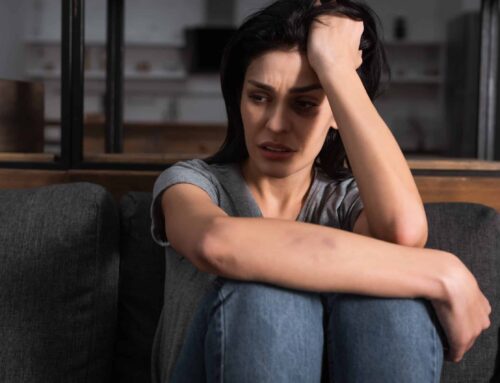Drinking, Anxiety, and Alcohol Use Disorders
Anxiety and drinking are closely associated with one another for a number of reasons. Many people drink alcohol seeking relief from their social anxiety or persistent worrying. People with alcohol use disorders often experience anxiety as an early withdrawal symptom after they drink a lot and begin to sober up a bit.
Drinking after you’ve promised yourself or someone else that you wouldn’t is a common cause of anxiety as well. People who have existing, undiagnosed anxiety disorders may find that drinking actually brings out their symptoms or makes them worse. Finally, there are some medical explanations for anxiety that seem to be triggered by drinking alcohol.
Why Do I Feel Anxious After Drinking?
There are a number of possible reasons why you feel anxious after drinking. To figure out the answer you might start by looking at when the symptoms of anxiety begin for you. Do you actually get anxious while you are drinking? Immediately after you finish drinking? After you begin to sober up? The next day?
Narrowing down when the anxiety occurs could be the key to figuring out why it’s happening and ultimately doing something to find relief. While alcohol can initially have a calming effect and reduce inhibitions, it can also exacerbate feelings of anxiety and stress most commonly afterwards.
Here are some reasons why you may feel anxious after drinking. Keep in mind that there could be more than one reason why drinking makes you anxious.
Drinking may make you anxious due to:
Do I Have a Drinking Problem?
This is one of the toughest questions you may ever ask yourself. Only a trained medical professional can formally diagnose alcoholism – but it’s not too difficult to determine if drinking has become a problem for you. Here are a few questions you can ask yourself to help you determine how much of an impact alcohol is having in your life and if you might benefit from treatment for alcoholism.
Ask yourself:
If you answered “yes” to one or more of the questions above, then there’s a possibility you have an alcohol use disorder. The next question to ask yourself is if your drinking is an issue that you need outside help to overcome. If it is, it’s essential that you summon the courage to ask for the help you need. We promise it’s worth it.
Real Help For Alcohol Addiction in New Jersey
There is no reason to suffer in silence, there are people here at Achieve Wellness and Recovery who truly understand what it’s like to be where you are right now. We can help, but you need to make the first move and give us a call.
If you have questions about alcohol use disorders and treatment for alcoholism in NJ, we have answers. Achieve Wellness and Recovery is dedicated to providing a safe space where people can heal and recover from substance use disorders, including alcoholism.
Get the alcohol use disorder treatment in New Jersey you deserve. Give Achieve Wellness and Recovery a call at (833) 680-0142
You can also click here to find out how our program can work with your insurance.








